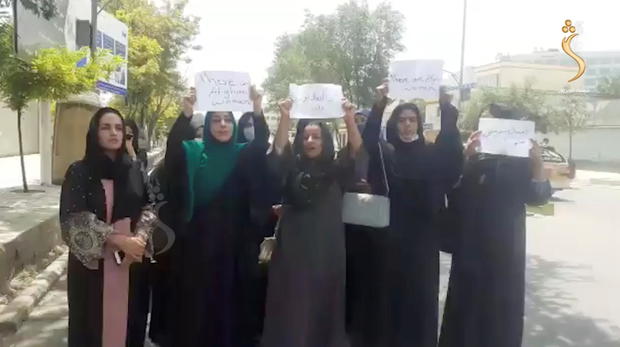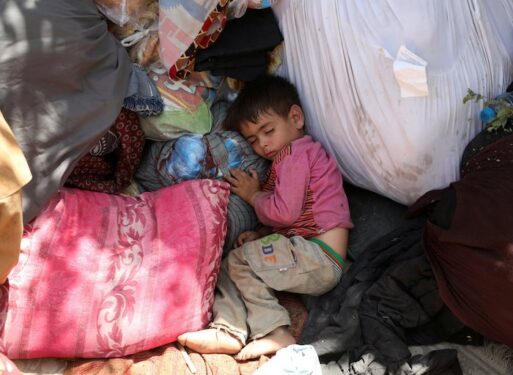
CAIRO, Sept 22 (Reuters) – Clerics from Egypt’s ancient seat of Sunni study Al-Azhar, who spent years teaching in Afghanistan and were planning to open an education centre for girls, hope their tolerant message of Islam will survive the return of the Taliban.
The 1,000 year-old institution had opened a mission in Kabul in 2007, promoting what its clerics describe as Islam’s peaceful tradition in a country where guerrillas have used religion as a justification for fighting for decades.
The 23-person mission was repatriated to Egypt after being briefly stranded in Kabul when the Taliban swept into the Afghan capital last month.
“There must be a presence for Al-Azhar in the country of Afghanistan, in order for us to communicate with the Afghan people and youth, to spread Islam’s tolerant message,” Shawki Abuzeid, the 58-year-old head of the mission said in an interview in Cairo.
Al-Azhar hosted 700 male Afghan students in Kabul, and over the years thousands have gone on to further religious and Arabic language studies at Al-Azhar university in Cairo. The mission also gave lectures and sermons, and contributed commentary in Afghan media.
It had been preparing to open a newly-built education centre for girls. Abuzeid expressed hope that the Taliban would fulfil a promise to let girls and women study.
“The Taliban are from the fabric of the Afghan people, and as I heard from the media and from our contacts with professors and heads of universities and some important figures, the thinking changed and they value women, and they said they will educate them but in a way compatible with Islamic law.”








